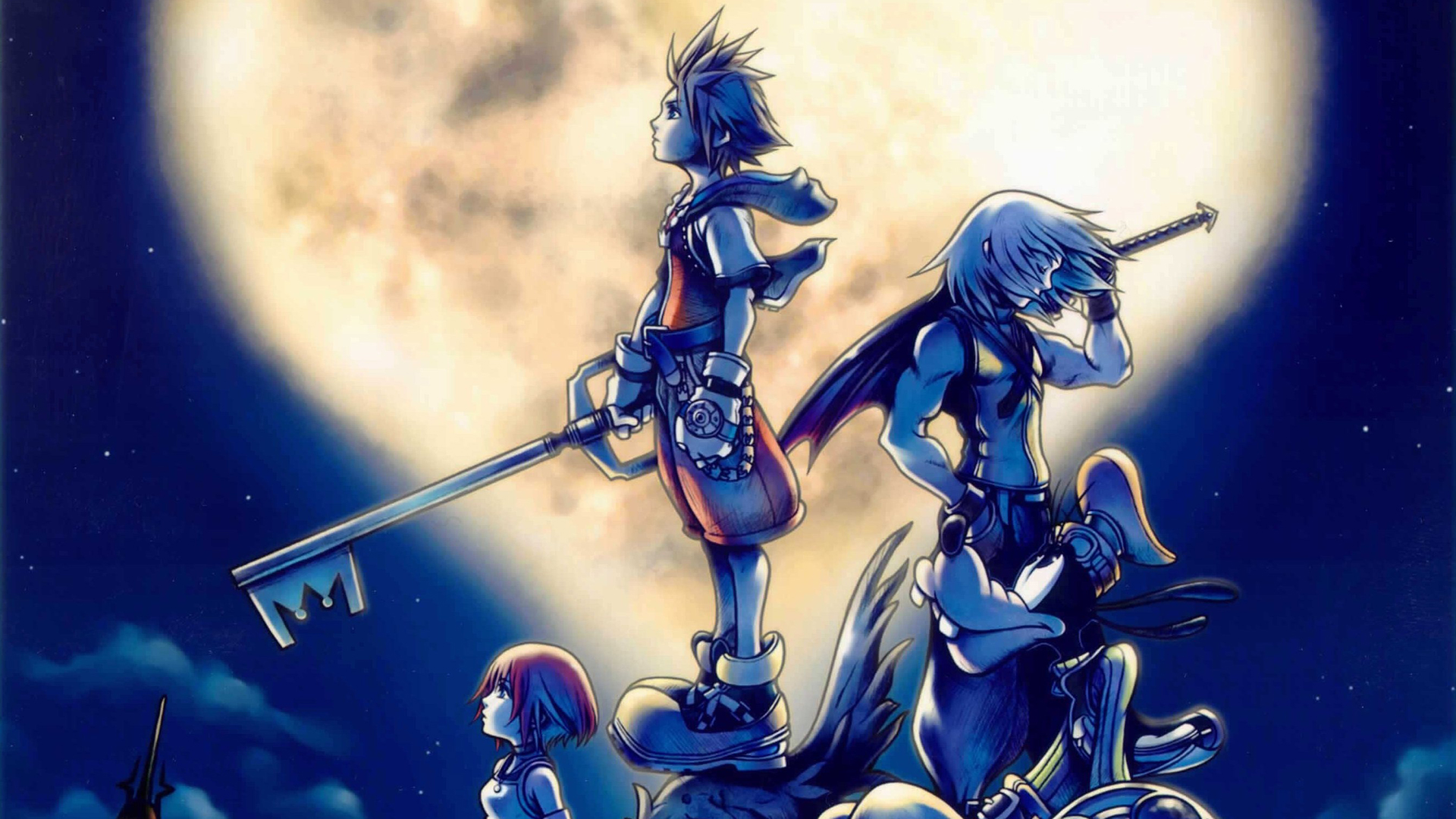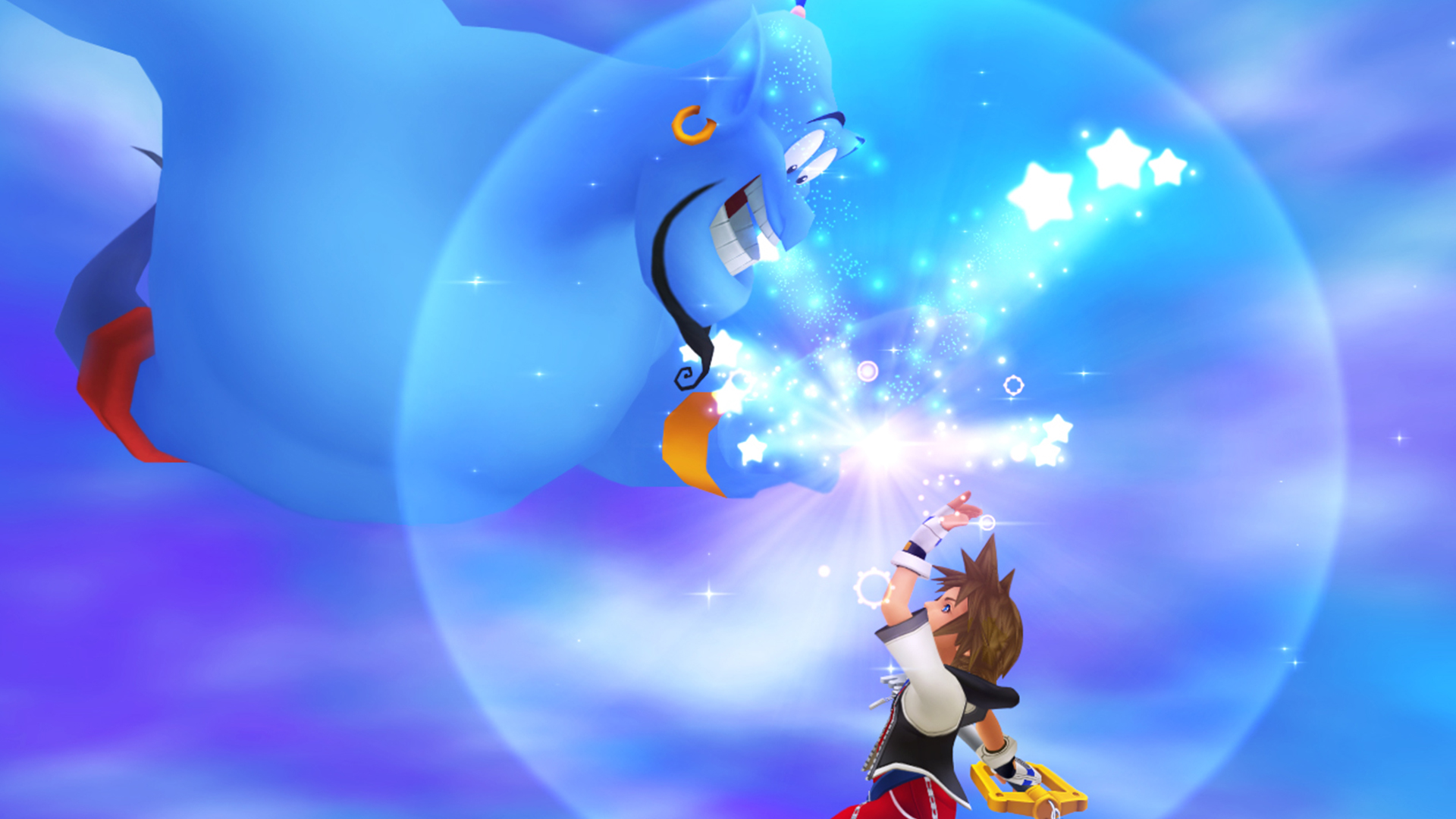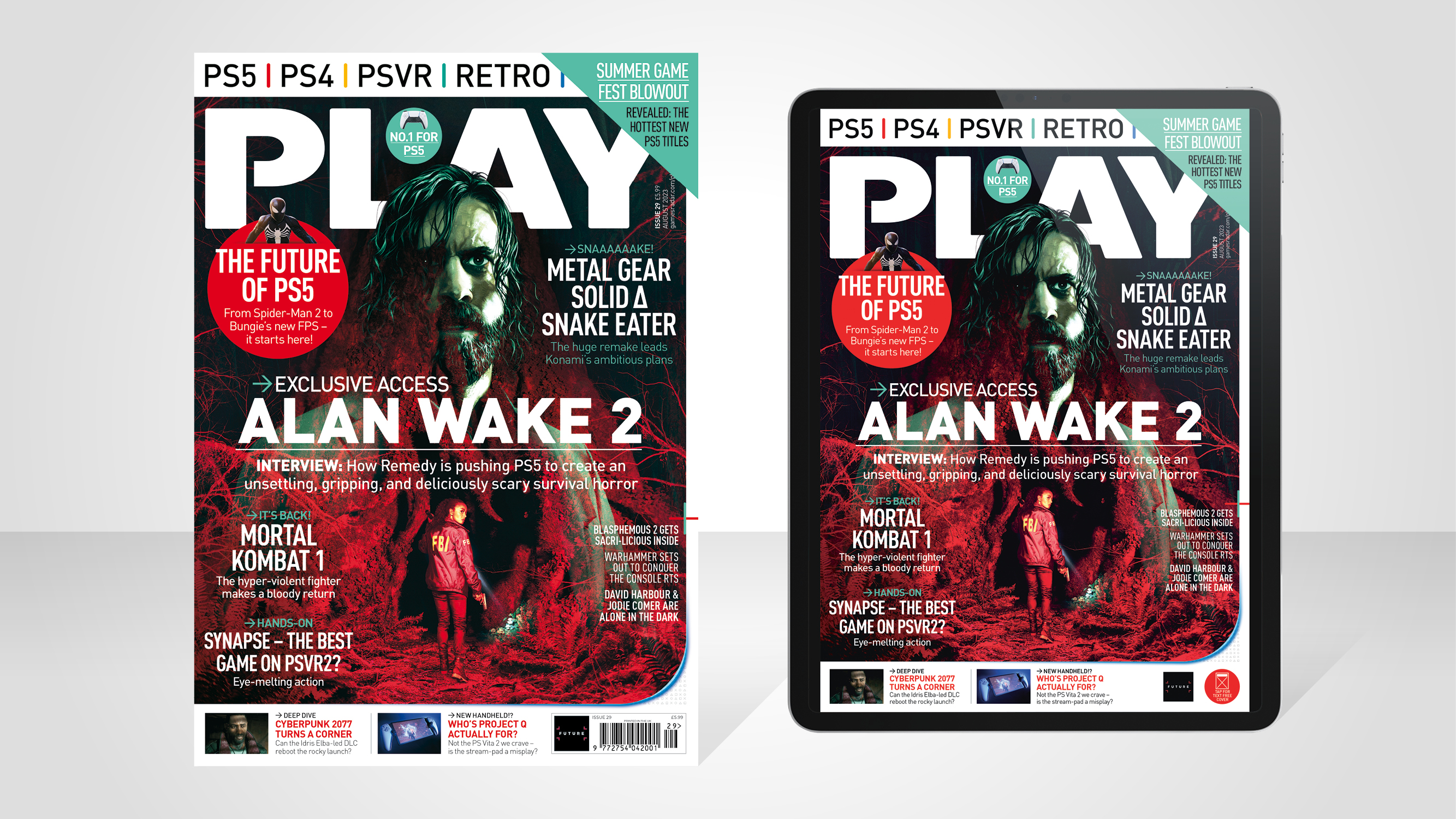
Set straight after the first Kingdom Hearts, Chain Of Memories is a direct sequel. Despite the numbering, it’s vital for understanding Kingdom Hearts 2, making its 2004 release as a Game Boy Advance game an odd choice. But we’re here to talk about the Re:Chain version – a completely rebuilt, refurbished, and, yes, rechained PlayStation version that allowed it to sit next to the others as it always should have. It launched on PS2 in 2008 in the US, though we didn’t get it until 2013 on PS3 here.
There comes a point in a series when developers consider experimenting, perhaps by changing core mechanics. What’s strange about Kingdom Hearts is that this point came when the second game in the series was being developed. Chain is a standout entry for breaking the not-yet-established moulds and being an action RPG deckbuilder in a world where that was decidedly not a thing.
Chain game


Chain contains the essence of the other games even in the combat, despite being card-based. It just encourages a different type of strategic thinking. By limiting all your moves to the cards in your deck, you have to be precise with your strikes as you can’t just go berserk if you miss the first time. The number of times you can use offensive and healing magic is limited, and items are practically non-existent, serving instead as a means to quickly reload specific card types.
This makes you take a fresh approach to making your way through the worlds from the first game, while new story elements sprinkled in between refresh the lore of Kingdom Hearts. Looking back now, it’s hard to believe Organization XIII and Nobodies weren’t a presence in the original Kingdom Hearts, but Chain Of Memories is what kickstarted the zany, convoluted story as we know it today – even if the delightful card-based combat system has sadly never made another appearance.
After completing Sora’s story, an unlockable Reverse/Rebirth mode has you playing as rival Riku. It shines a much-appreciated spotlight on the character, greatly expanding upon his role in the first game where he’s much more enigmatic (and an obnoxious boss). Of course, during Sora’s route, he’s also an obnoxious, recurring boss, but the additional insight is there. Just as Sora progresses through Castle Oblivion, Riku heads into its depths to face a different array of bosses with a fresh storyline. Riku’s route doesn’t merely mirror Sora’s, it completely changes how the now-familiar card system works and adds a fresh element – Dark mode – which ties into his narrative of inner conflict. He’s our favourite edgy boy.
Whereas the GBA original was presented via stiff 2D pixel art and didn’t have voice acting, everything was spruced up for Re:Chain. The voice- acted cutscenes and colourful 3D visuals breathed fresh life into a game that could otherwise have remained overlooked. That’s thematically appropriate, as it’s akin to restoring a hazy memory to its full glory.
Raising the stakes


This feature first appeared in PLAY magazine - Subscribe here to save on the cover price, get exclusive covers, and have it delivered to your door or device every month.
Re:Chain only made its way to Europe as part of Kingdom Hearts HD 1.5 Remix, a collection of remastered and reworked games. While they’re all enhanced versions, Re:Chain is the one that really sticks out. It received the biggest overhaul, being basically a ground-up remake done before the practice was common. Reworked audio and visuals are a plus, but experiencing the frantic card battling in a 3D space is the biggest ahem draw. It’s a very different situation when your boss battles can now be a mishmash of heights and enemies can come at you from all sides. In fact, it’s even more satisfying to card-break an enemy’s stocked-up combo when they’re trying to attack from safely beyond your reach (looking at you, Hook!) simply by using a higher-numbered Cure.
Re:Chain Of Memories was built upon the foundations of both the original version and the very first Kingdom Hearts with an amount of love that makes 1.5 Remix’s other ports feel a bit short-changed in comparison. But it’s hard to complain, as Re:Chain really is something of a trump card: a masterful handling of what remains one of the best in the series, this iconic gem makes even modern remakes fold.
Here's everything we know about Kingdom Hearts 4







